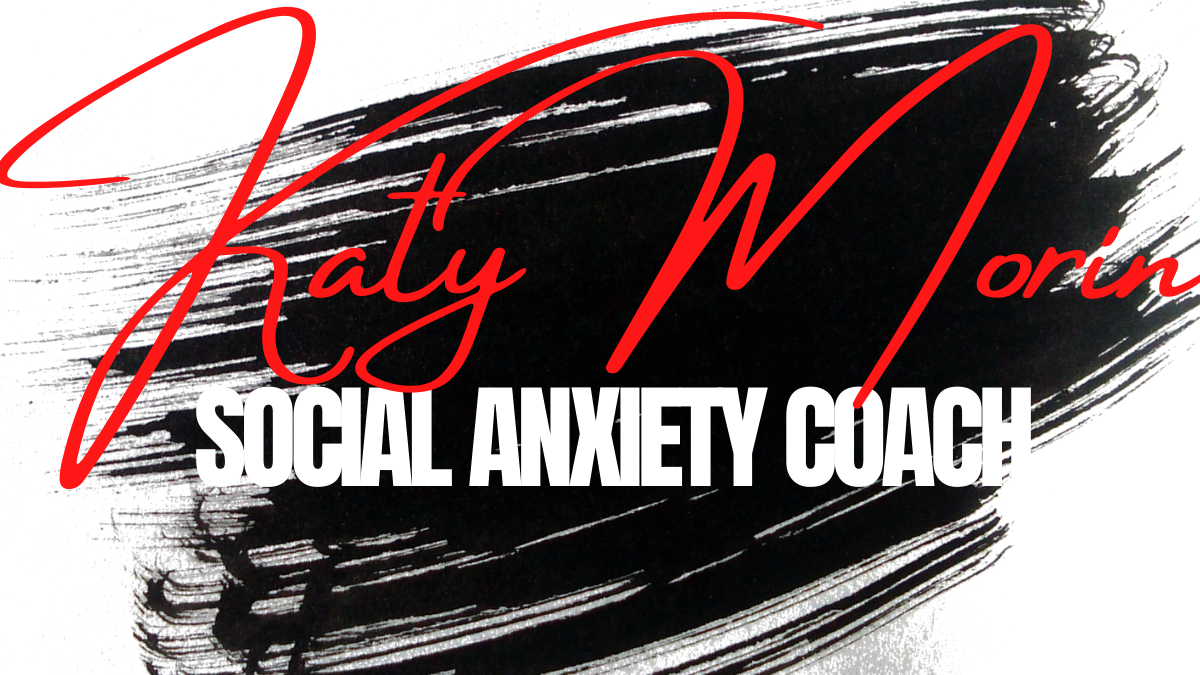
6 Rules for Addressing Your Fears More Successfully
Social anxiety is often the fear of being judged, criticized, rejected and sometimes even humiliated by others. It can range from mild to severe and when it gets bad, agoraphobia can develop. People who suffer from social anxiety are afraid of doing or saying things in public that might embarrass or humiliate them because they are afraid of humiliation and being “looked down upon”.
This article is going to go through 6 rules for addressing your fears more successfully when you have social anxiety.
1. Simply NOTICE your worries, rather than believing they are accurate or needing to respond to them.
When you notice a thought, do you think ‘I’m not good enough for this person’, or ‘I’m not attractive enough for them’? Do you try to talk yourself out of it? When you think of one of these things, notice it and then ask yourself where it came from. Usually this thought is a result of something else that you are experiencing.
2. Simply KNOW that the thoughts you have are not necessarily accurate.
They are just thoughts, they may have a memory attached to them with a feeling or they could have come from somewhere else. You are in control of your thinking, you can choose how to interpret things.
When you hear yourself thinking ‘I’m not good enough for this person’, it is a thought, don’t say ‘I am not good enough for this person’, instead say ‘I think I am not good enough’. It sounds silly but anything that you replace your thought with can make it untrue. So if you replace the thought with “I am good enough” it will make the original thought untrue because you believe the first one, then when that happens it stops being true and becomes unfounded knowledge.
3. When you start to experience fear in social situations, ask yourself “what am I really afraid of here”.
How are you feeling right now? What are your sensations like? Why are these sensations happening right now? What thoughts or emotions are going on in this moment? If your brain is trying to tell you something, it will usually tell you two things. One is the thought itself and the other is an emotion that will come along with it. In the example above, we have an image of someone telling us how un-intelligent and stupid we are. We also jump to an emotional response of shame (which might be fear) and a sensation of sadness. The sensation (the emotions or feelings) and the thoughts that you experience at this moment are all important because they give you information about what’s going on with your mind at this moment in time.
4. Start to notice how your physical sensations change when you become anxious in social situations.
When you become anxious, your body may tense up. Your breathing and heart rate increase. Your eyes may start to get wet and your muscles start to shake. This is normal because your autonomic nervous system is becoming activated with the fight-or-flight response. Remember: simply noticing thoughts, emotions, sensations all have important information attached to them. You don’t have to believe everything that you notice, but you also don’t have to dismiss it either, because sometimes it contains very valuable information.
5. Before you go into a social situation, ask yourself what kind of reactions will you most likely experience from now on in the future?
This is called ‘anticipation’. We all have our own way of dealing with social anxiety, which we call ‘preparation’. We might know that if I go into a situation where I am afraid and anxious, my response will be “I’ll just avoid them and don’t interact”. Or “if they aren’t looking at me, they won’t notice me”. Or “I’ll wait until they leave before I talk”. We might know this because we’ve already experienced it before. So, in preparation, we’ll avoid social situations where we know our anxiety will be triggered. But if you are going to do that, you need to consider what that’s going to cost you. It might be missing out on good friendships or opportunities for a new job. I’d like you to imagine that you’ll be prepared for all kinds of social situations. Imagine the best possible outcome where you don’t feel uncomfortable.
6. When the time comes to go into social situations, remember two things.
One: start with the thoughts you are experiencing (not the thoughts themselves).
Two: start with a sense of curiosity as to what is happening in this moment.
Are there some sensations you can notice? What are they like?
Try to be curious about what is happening and try to notice that it is completely normal. Try to imagine yourself getting a bit better at this over time. You might have an image or thought of someone saying something very embarrassing or saying the wrong thing and then leaving in shame. This is normal for people who’ve been through social anxiety disorder, but you can change these images over time by simply noticing them and not believing them.
If you need more help facing your fears, check out my program, Face Your Fears, which will help you understand fear, understand how it controls you, and learn to fight back! Learn how to use grit, resilience, and perseverance to transform failure to your advantage. Stand up Tall, Face and Convert Fears Into Success!





